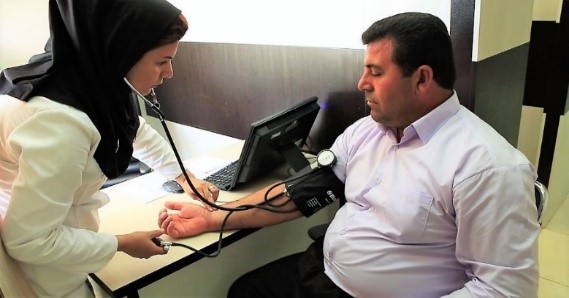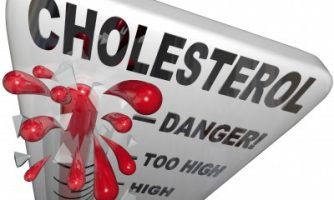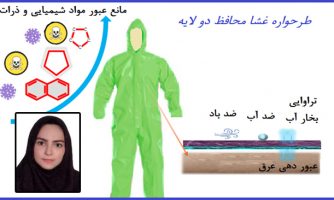Lack of more than 43 million health workers to universal health coverage around the world
More than 43 million additional health workers are needed to meet targets for universal health coverage around the world. According to a new peer-reviewed study by the Institute for Health […]
A national study answered: What will be the effects of implementing the “New guideline defining blood pressure” in Iran ?
A new national study in Iran on the effects of implementing of new definition of blood pressure based on the 2017 American Heart Association/AHA and the American College of Cardiology […]
Published in The Lancet: Three decades of performance of the Iranian health system Significant success in controlling infectious diseases; Serious challenges in non-communicable diseases
The results of an important study by leading Iranian medical sciences researchers in collaboration with international researchers shows that the Iran’s Health Care system, despite severe international sanctions, has made […]

















